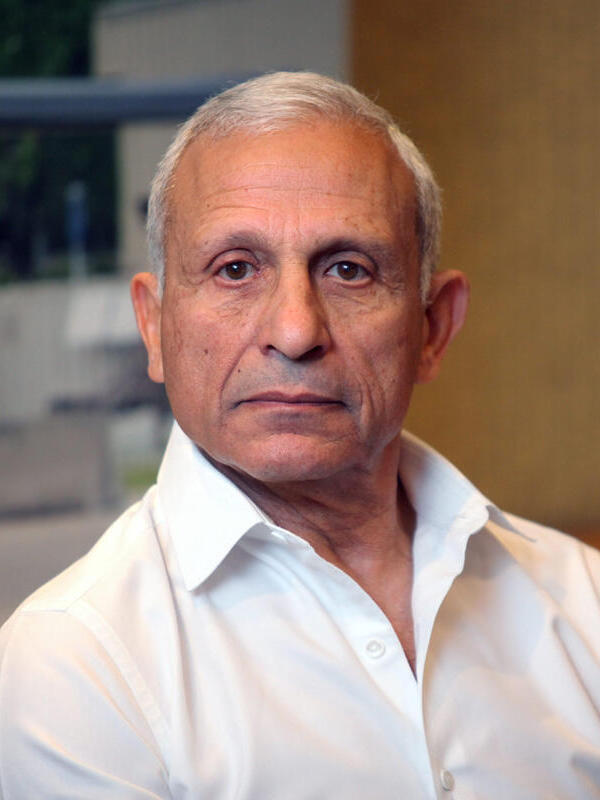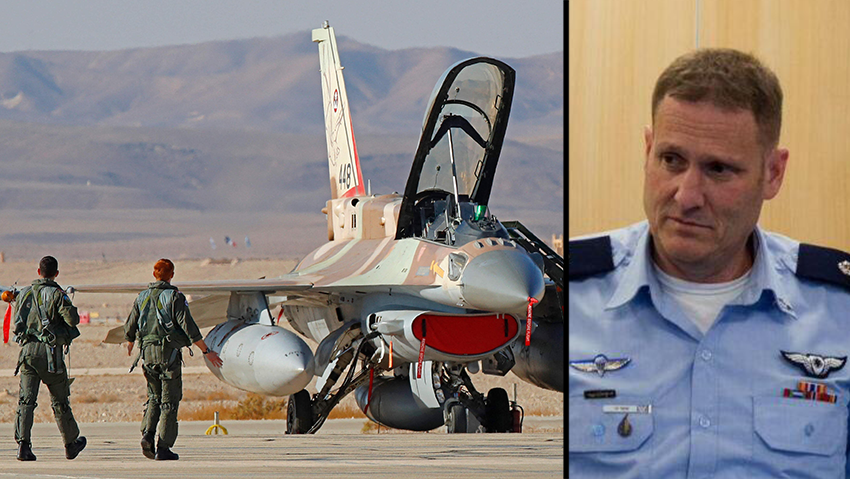The esteemed leaders of the IDF, spearheaded by Chief of Staff Herzi Halevi and Air Force Commander Tomer Bar, find themselves entangled in a complex quandary, caught between the obligations to their subordinates and the expectations of the political echelon and the public.
Read more:
Each of these distinguished commanders bears an unwavering dedication to their nation's security, their decades of devoted service being a testament to their loyalty.
Yet, they face three simultaneous challenges: Executing the army's duties to safeguard the state, preserving unity within the ranks and mitigating the growing reluctance among reserve soldiers without allowing it to seep into the morale of mandatory and regular service personnel. Though these tasks seem interwoven, the actions required to achieve them paradoxically generate a puzzle that is far from easy to reconcile.
Amid the public discourse, a resounding consensus echoes that the army should remain apolitical. However, this stance places immense pressure on the chief of staff, urging him to denounce refusals publicly. Yet, any such declaration inevitably embroils him further in the political realm, exposing him to refusers and complicating his task of persuading them to uphold their duty to serve.
The complexities arising from the divergent factions within the IDF often remain obscured from the public eye. This worrisome and detrimental phenomenon demands considerable time and effort to mend its repercussions. Taking a stance, whether for or against a particular side, hampers the commander's ability to foster unity within the army.
Lest we forget, the commanders bear the solemn responsibility of conveying the genuine state of affairs to the government. They must communicate the damaging impact on the IDF's strength, the erosion of force order, and the emerging divisions among the ranks. Such factors must be factored into the political decision-making process as essential considerations and even as cautionary warnings.
With this intricate landscape in mind, I propose the chief of staff and the Commander of the Air Force exercise prudence in making public statements concerning reservists' refusal to serve. Public expressions on this matter entangle the IDF in the political discourse and create direct conflicts with subordinates who, much like the commanders themselves, harbor deep concerns for the nation's security and destiny.
The paramount responsibility within the army lies in persuading subordinates through empathetic understanding, rather than engaging in public debates. Convincing them to contribute their efforts to safeguard the country's security remains a vital task, rooted in mutual comprehension and empathy.
 Major General (ret.) Eitan Ben-Eliyahu Photo: Amit Shaal
Major General (ret.) Eitan Ben-Eliyahu Photo: Amit ShaalThe confluence of inter-military rifts stands as a formidable challenge. Publicly espousing a position that favors either side diminishes the capacity for compromise and unity, inadvertently encouraging refusals to serve. Yet, an overly stringent portrayal of the situation jeopardizes the IDF's deterrence against external adversaries and may unduly restrain statesmen from taking decisive action.
A stark reminder of this delicate balance is etched in history through Air Force Commander Benny Peled's warning during the Yom Kippur War. In a pivotal discussion held in the chief of staff's office on October 11, 1973, Peled brought the attrition endured by Air Force planes to the fore, which would soon render them incapable of sustaining the attack campaign.
Subsequently, some attributed the prevailing despondency that permeated the upper echelons of the IDF and the state's leadership to Peled, echoed by Defense Minister Moshe Dayan's apprehensions of impending destruction.
IDF commanders need not involve themselves, inadvertently or otherwise, in matters of political discourse. The way they conduct themselves emanates from their role within the army, not their personal political stances. It isn't Halevy or Bar that stand before their subordinates, but rather the army and Air Force heads, with all that entails.
When it comes to their interactions with governmental mechanisms, they must stay true to their duty of accurately reflecting the IDF's state of readiness, a complex endeavor when considering the raging animosity between different factions and sectors of Israeli society these days.
Eitan Ben-Eliyahu is a retired major general in the Israel Defense Forces and former commander of the Israeli Air Force.


